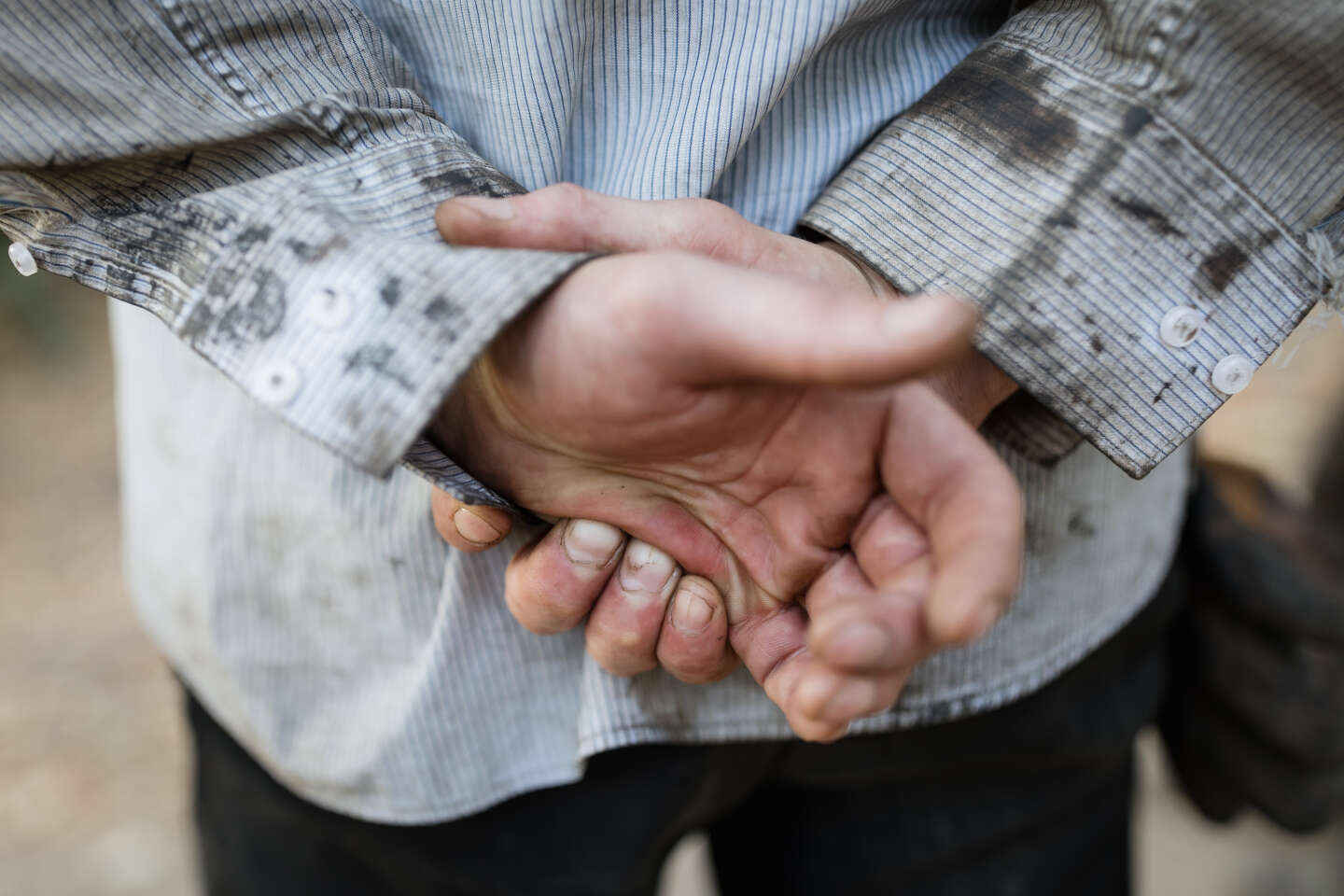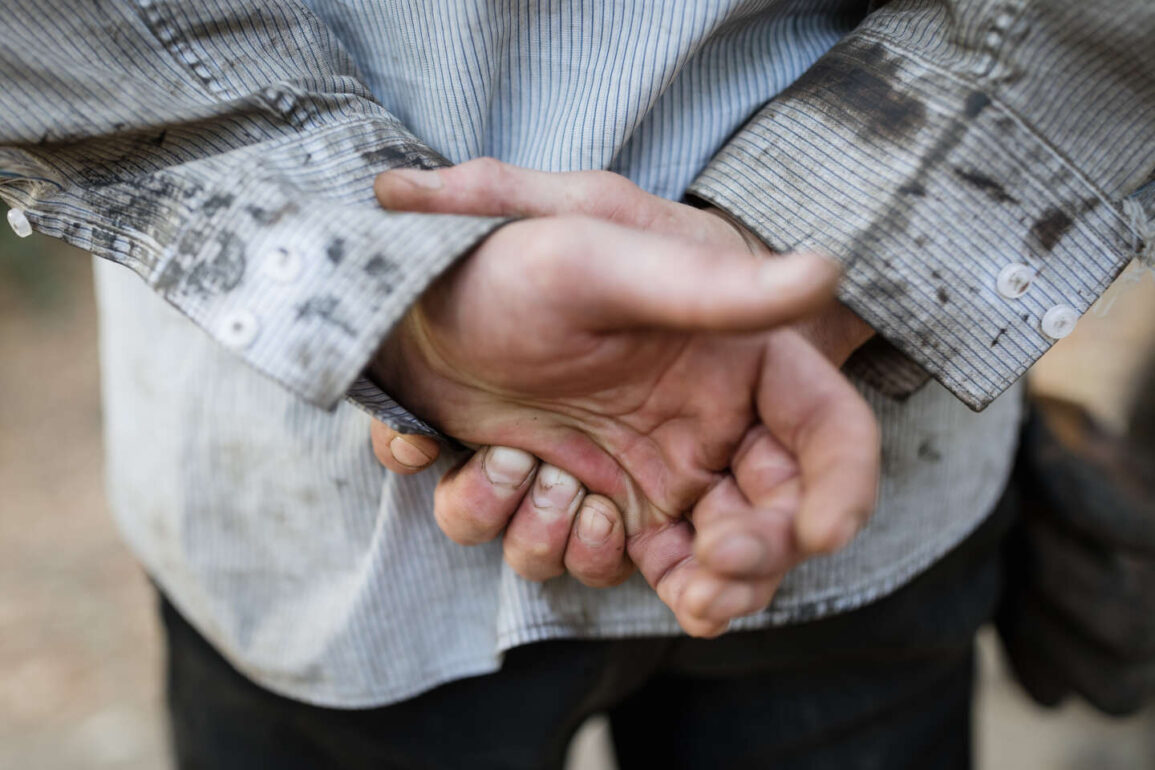
When Ukrainian troops swept into Russia’s Kursk region on August 6, Moscow’s soldiers were so surprised that they put up little resistance. “They were kids aged 18 to 24, they didn’t expect to see us here and surrendered very quickly. Some tried to shoot, but it didn’t end well for them,” said a soldier dubbed “Zherar,” on his return to Sumy, eastern Ukraine, after three weeks in Kursk. The 39-year-old Belorussian national, who goes by his nom de guerre, is a member of the 225th assault battalion, which was the first to push into the hostile territory.
The man, whom Kyiv has awarded several medals for his actions fighting alongside the Ukrainians, is the commander of the “TUR” unit, which has been tasked with evacuating and repairing military vehicles that get damaged in the fighting. He said he was satisfied: “This is the most effective operation since the start of the large-scale invasion,” he said, sitting in a restaurant in Sumy. “The ratio is one Ukrainian soldier killed for every 54 Russian soldiers, and we’ve captured over 2,000,” added the serviceman, who said he was “surprised” that the president, Volodymyr Zelensky, had only reported 600 prisoners of war.
While capturing a large number of Russian soldiers was not the main goal of the Kursk offensive, it has nevertheless been cited as a success by the authorities. The Ukrainian president himself celebrated the fact that these captures could serve as the “replenishment” of an “exchange fund.” Indeed, prisoner exchanges with Russia have accelerated since the start of the incursion: The two countries have each released a total of 267 prisoners of war, in three separate exchanges.
In ‘unofficial or transit locations’
As stated in the Geneva Conventions, which regulate the conduct of armed conflicts, Ukraine is obliged to treat its captives “humanely.” However, a report by the Office of the United Nations High Commissioner for Human Rights (OHCHR), published on Tuesday, October 1, has revealed that this has not always been the case. Of the 205 Russian POWs interviewed by the organization between March 1, 2023, and August 31, 2024, 104 said they had been subjected to “torture or ill-treatment.” It is not known whether any of them had been captured during the Kursk operation.
These abuses were mainly perpetrated at the start of their captivity, in “unofficial or transit locations, including garages, basements or private houses,” before the detainees were transferred to one of the 15 official internment facilities, which fall under the authority of the State Penitentiary Service of Ukraine. However, the report explains that “with rare exceptions,” such mistreatment “stopped when prisoners arrived at official places of internment, where conditions appeared generally compliant with international standards.”
You have 61.05% of this article left to read. The rest is for subscribers only.
This post was originally published on this site be sure to check out more of their content.







